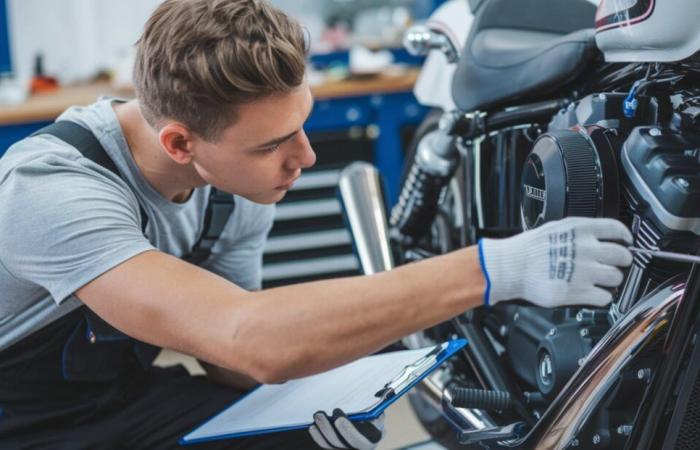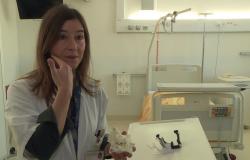This decision concerning two-wheelers aims to alleviate logistical constraints; it does not convince professionals in the sector, who are faced with organizational and profitability challenges.
The news, made official by a decree from the Ministry of Ecological Transition, plans not only to postpone the measure to control the maximum speeds of mopeds until 2026, but also to authorize the sharing of equipment between control centers. This decision, unprecedented in the sector, arouses as much relief as skepticism among professionals.
Fidalgo Gaby, manager of an Auto Security center in Choisy-le-Roi, considers the postponement to be “good news”, while criticizing the feasibility of sharing equipment: “ Buy the equipment together? With whom, my direct competitor? And how can we organize ourselves to know who uses it every day? » reports Actu.fr. This organizational constraint, difficult to manage on a daily basis, seems to be shared by other actors.
An economic constraint for small technical inspection centers
The purchase of the celerometer, a device intended to measure the maximum speed of mopeds, represents a significant investment, estimated at around 5,000 euros. For Ramzi Nakhli, who runs several centers in the inner suburbs, this expense seems disproportionate given the low volume of mopeds checked: “ Some centers see one to three motorcycles per week. Between the costs of training and materials, it’s just not cost effective “, he declared to Actu.fr.
The CEO of Autovision, Bernard Bourrier, confirms this reality by emphasizing that mopeds, classified in the L1 category, represent less than 10% of technical inspections of two-wheelers. For some centers, purchasing such equipment appears to be an insurmountable financial burden. Despite these reluctances, the measure remains justified by road safety issues. Technical inspection aims in particular to combat unbridled mopeds, which are often responsible for serious accidents. However, for many professionals, the implementation of this system remains unclear and difficult to integrate into their daily lives.
Questions about the future of technical inspections for two-wheelers
The postponement to 2026 does not resolve the questions of profitability and organization raised by the control centers. Some professionals consider investing in several devices individually to avoid logistical complications. Ultimately, clarification of the regulations and possible aid for small centers could become necessary to ensure the success of this project.
If the postponement of the technical inspection of mopeds gives professionals a respite, it leaves doubts about its effective implementation and organization. Between investment costs and logistical challenges, control centers remain cautious about a measure that they consider restrictive and unprofitable for a category of vehicles that is still marginal.
technical inspection, two-wheelers






